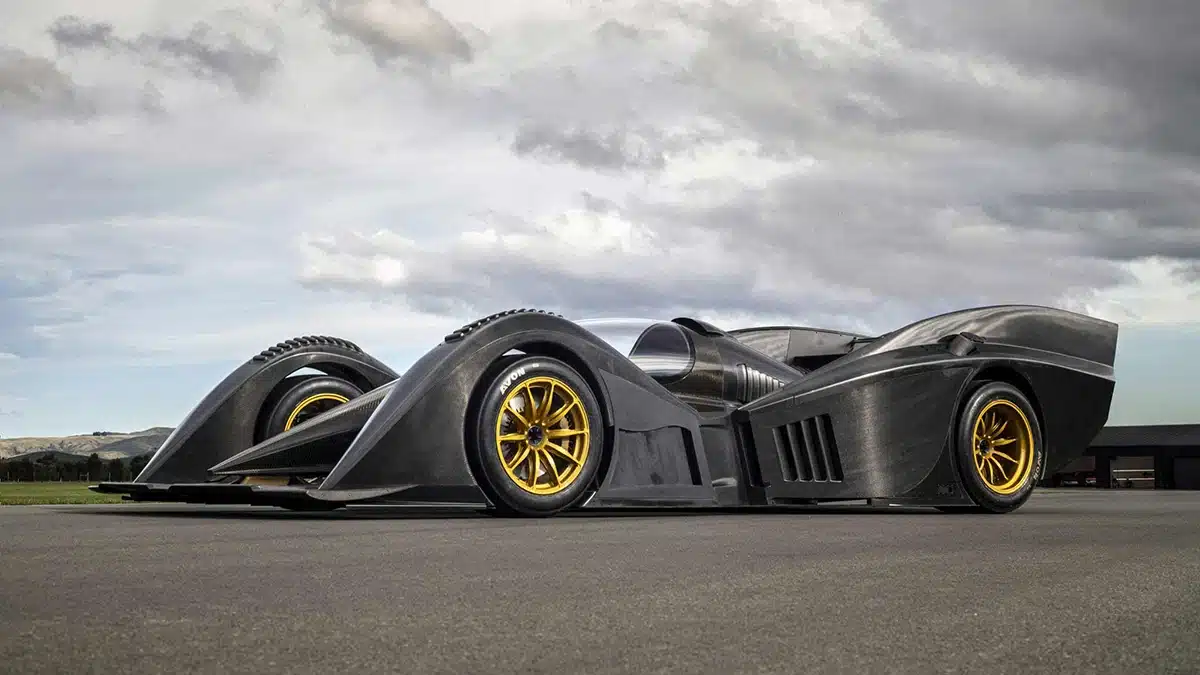As of the early hours of Wednesday morning (June 29th), the EU has agreed to a climate deal
which would ban the sale of new CO2-emitting cars and vans from 2035, 5 years after the
UK’s planned ban. The agreement follows 16 hours of negotiations between Environmental
Ministers from the 27 EU member states. The ban will effectively bring about an end to the
combustion engine, with the group stating that “It’s game over for the internal combustion
engine in Europe.” This ban was initially put forward by the European Commission last year.

The proposition was met with some resistance from German vehicle manufacturers. This
was to be expected, given they have heavily relied on the sale of vehicles with combustion
engines whilst failing to make significant progress on electric vehicles when compared to
foreign competitors.
The VDA (German Association of the Automotive Industry) claimed that the deal has been
made without adequate consideration for the lack of EV charging infrastructure across
Europe, which is a fair point. Last year, a report from an external auditor determined that
there was a lack of charging stations across EU member nations. If this ban is to be put into
action, this is something that will need to be addressed.

The case supports demands – particularly from German organisations and manufacturers
(e.g., Porsche) – for carbon-neutral synthetic fuels to be spared from the ban. Synthetic fuel
can be dispensed from existing fuel infrastructure, so naturally appears to be a great
alternative for those of us who may live in areas with insufficient charging points.

Negotiations between the members of the German 3-party coalition government ultimately
concluded with the Germans voting in favour of the ban but at a compromise. Germany
wants to insert a clause that exempts carbon-neutral vehicles from the ban, with German
Environmental Minister Steffi Lemke requesting that the new ruling allows the sale of
vehicles running on CO2-neutral fuels.
It will be interesting to see how any potential agreements on the use of synthetic fuels
influences other manufacturers. Will they continue to follow an existing company EV
roadmap, or will they choose to focus more resources on synthetic fuels? It is also worth
keeping an eye on how the outcome of the UK’s proposed 2030 ban impacts the EU’s
strategy.
The ban will be discussed amongst EU member nation governments ahead of any final
agreement on the proposal.
For more articles like this, receive our weekly e-newsletter, including partner deals and all things motoring, register your email below.
Please note: You cannot subscribe to Smart-Motoring unless you put a tick in the checkbox below to indicate have read and agreed to our privacy policy.




Leave a Reply
You must be logged in to post a comment.